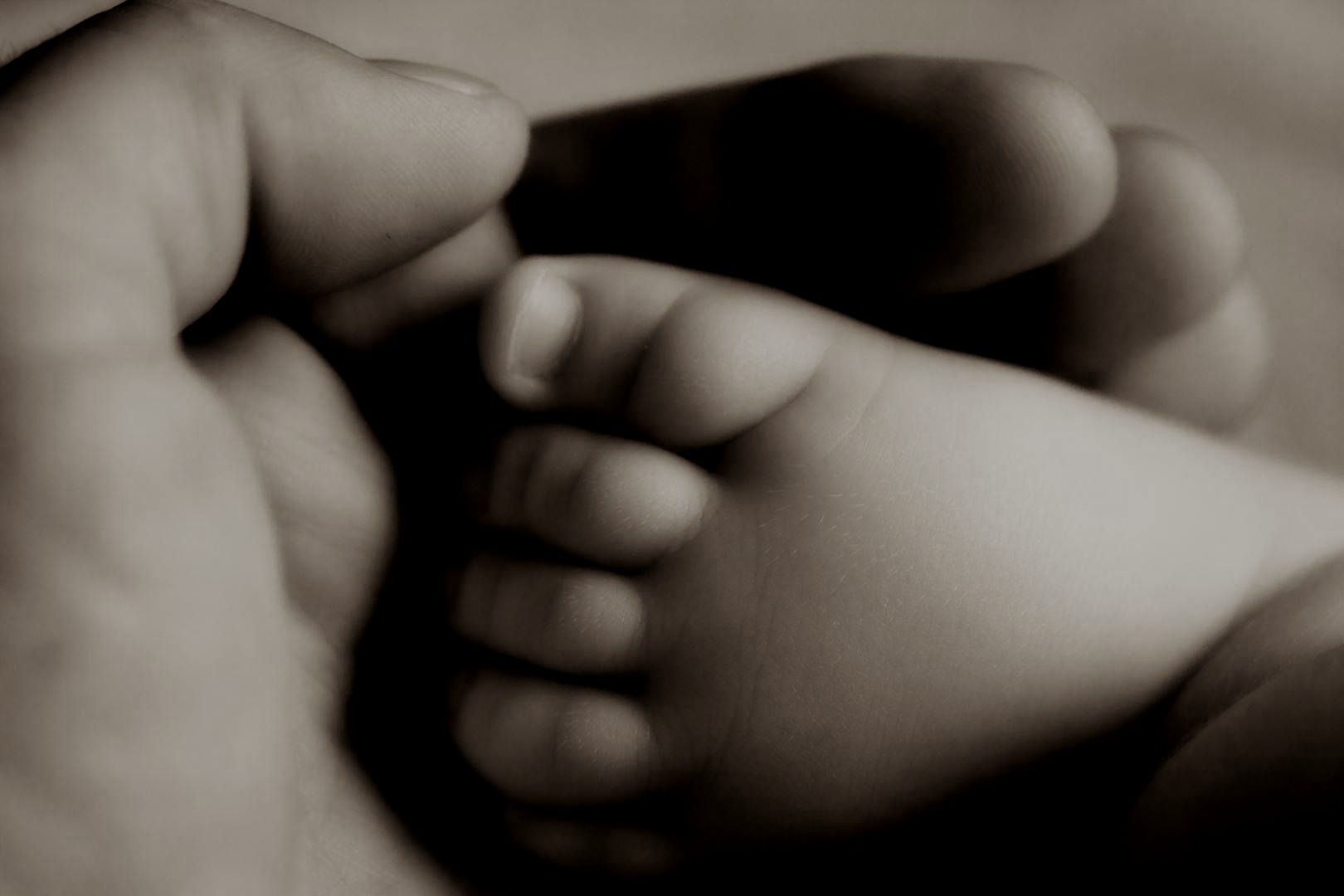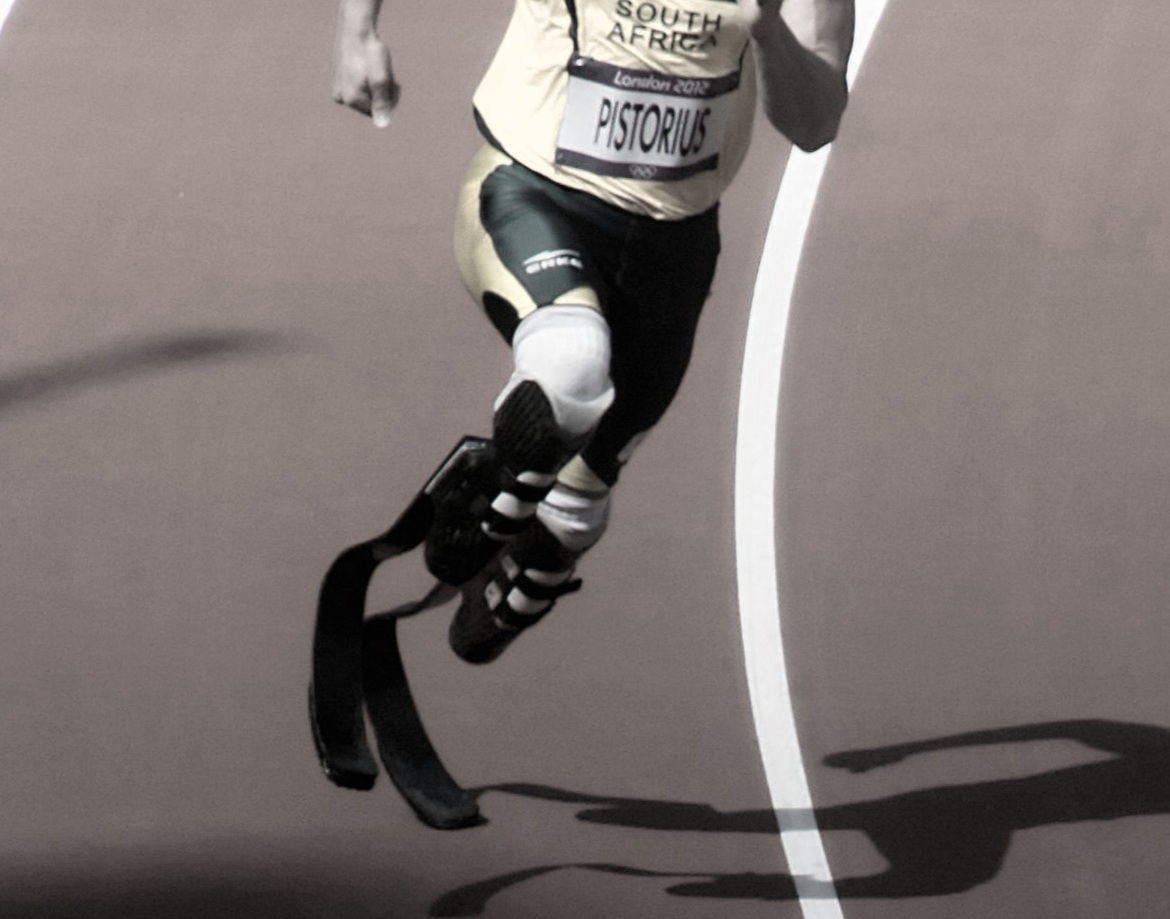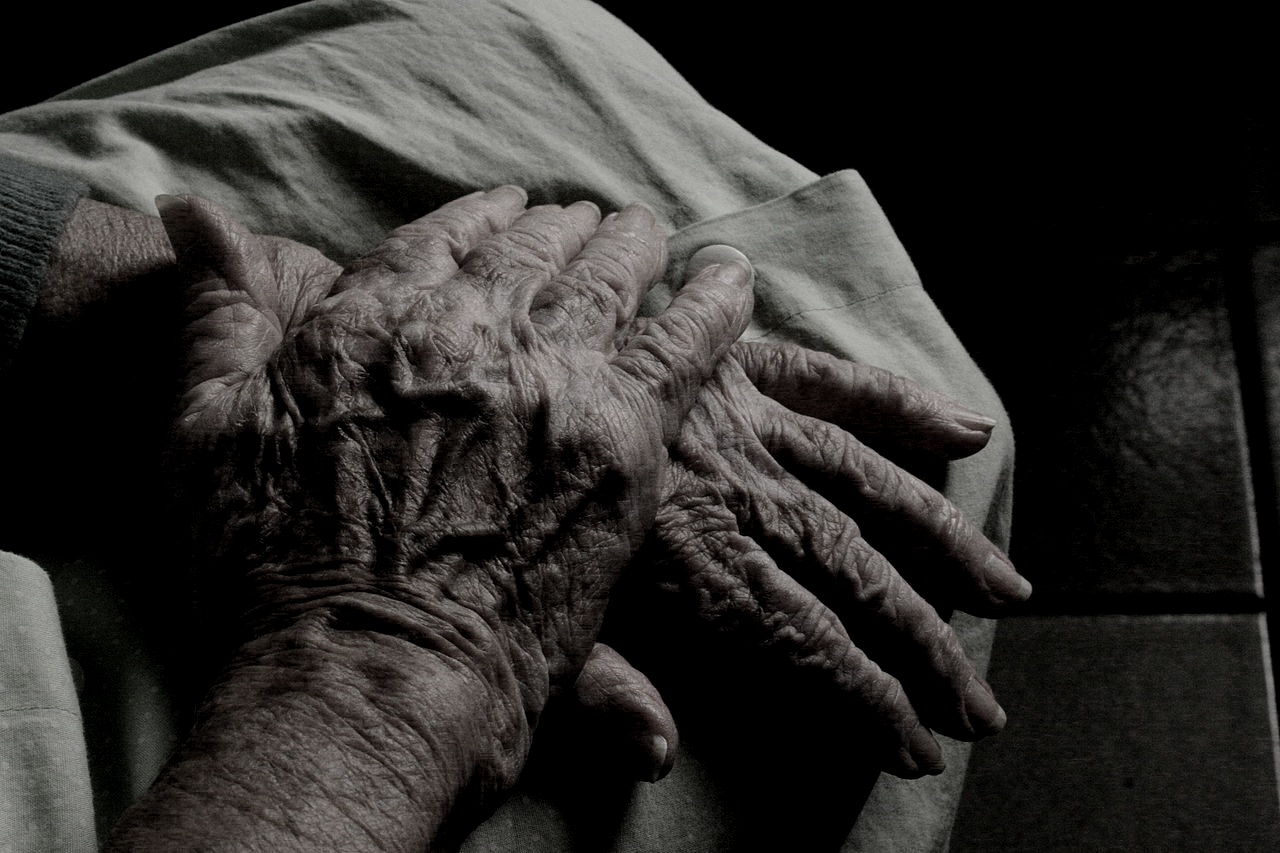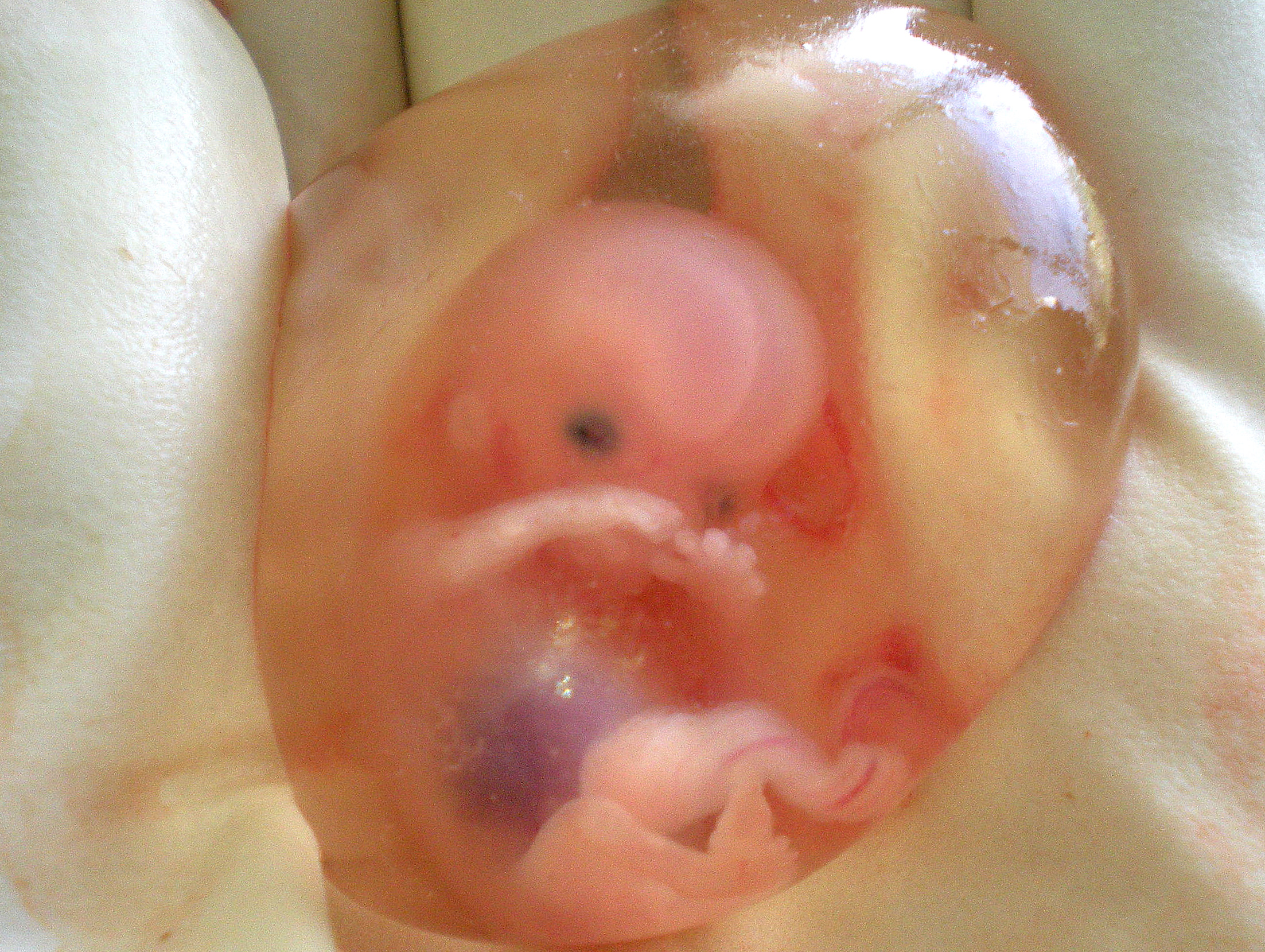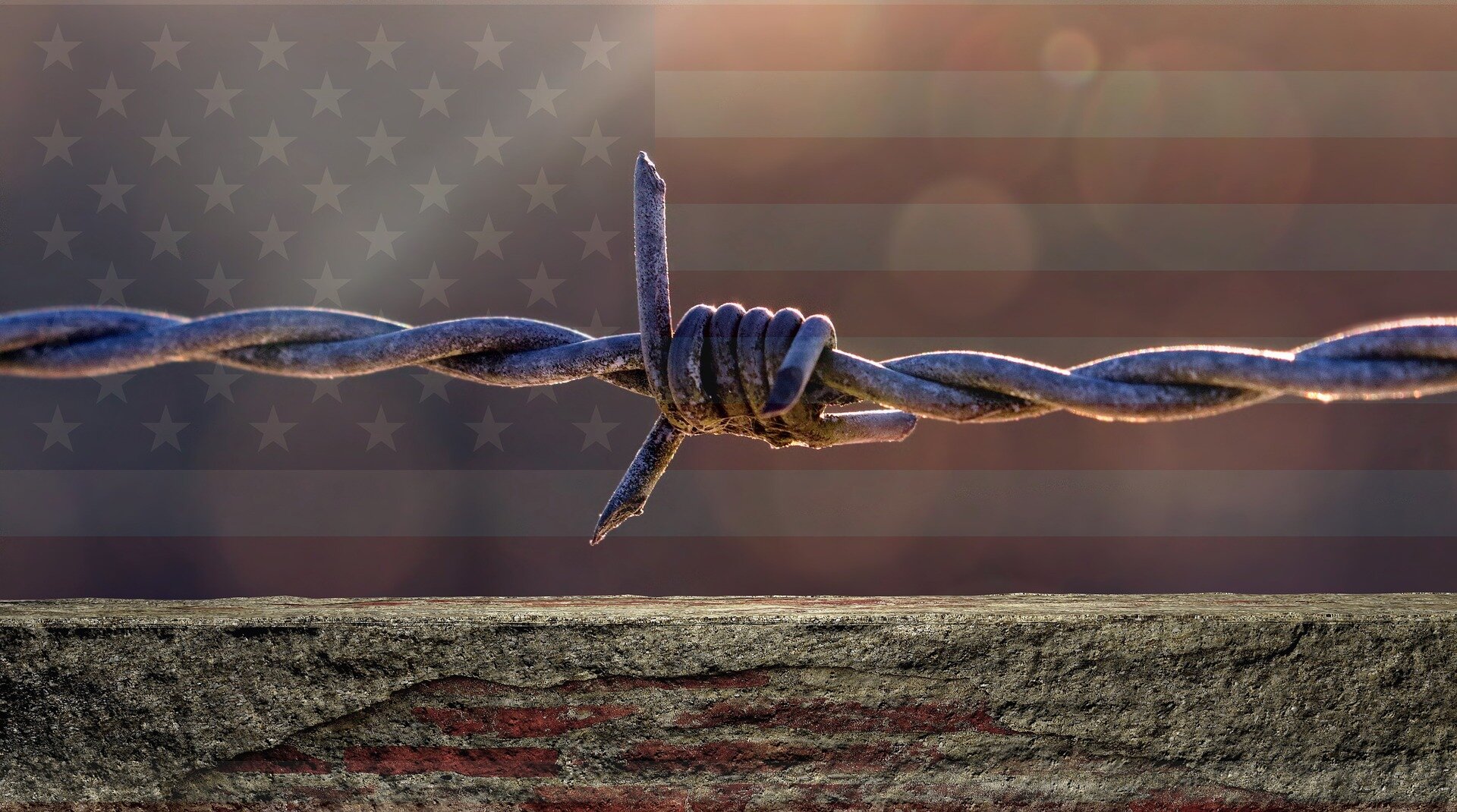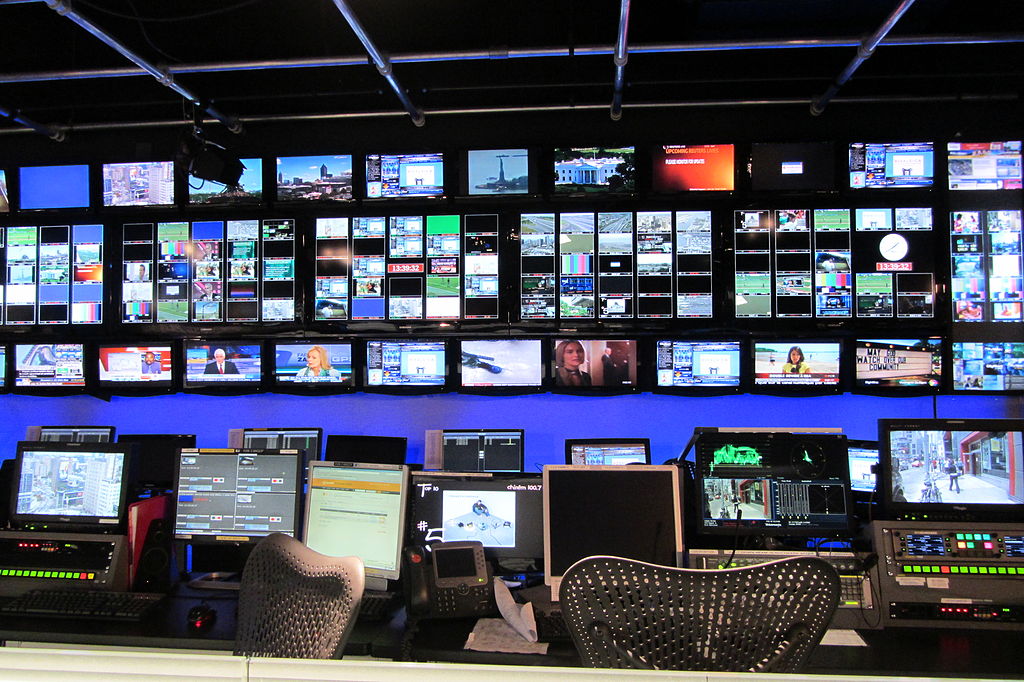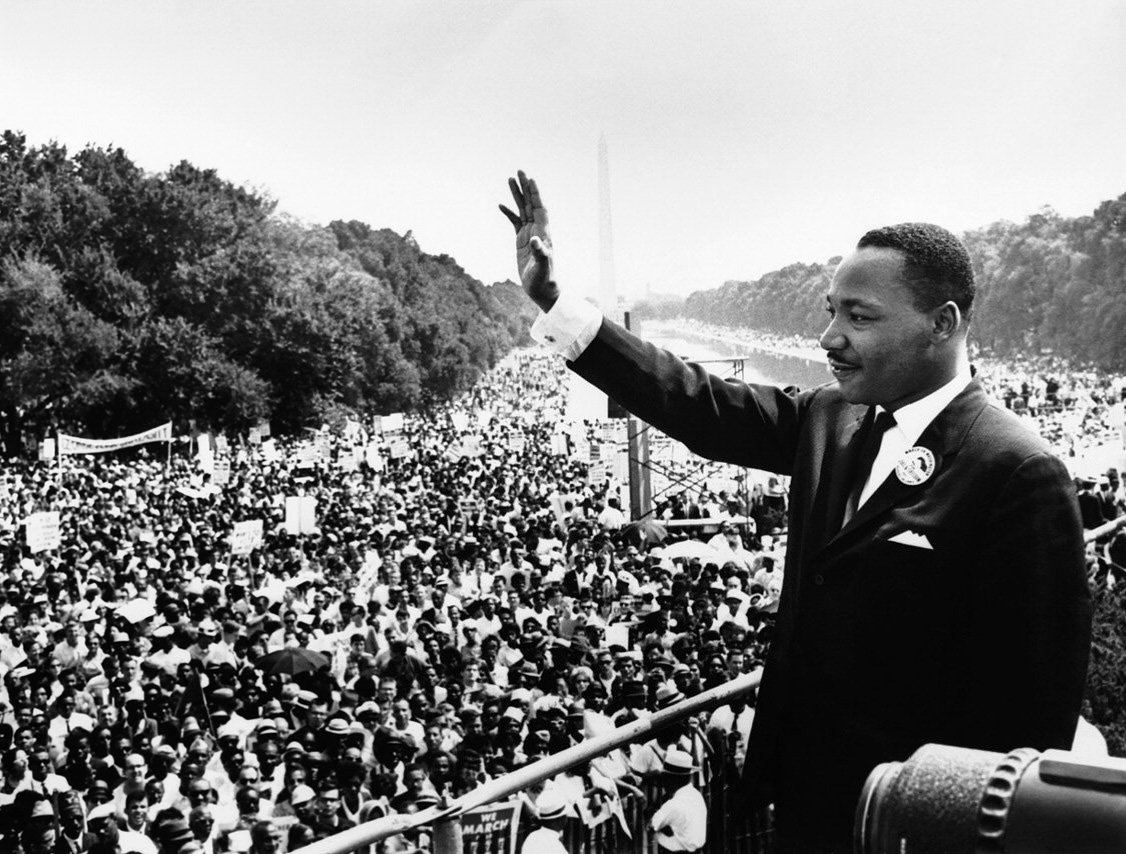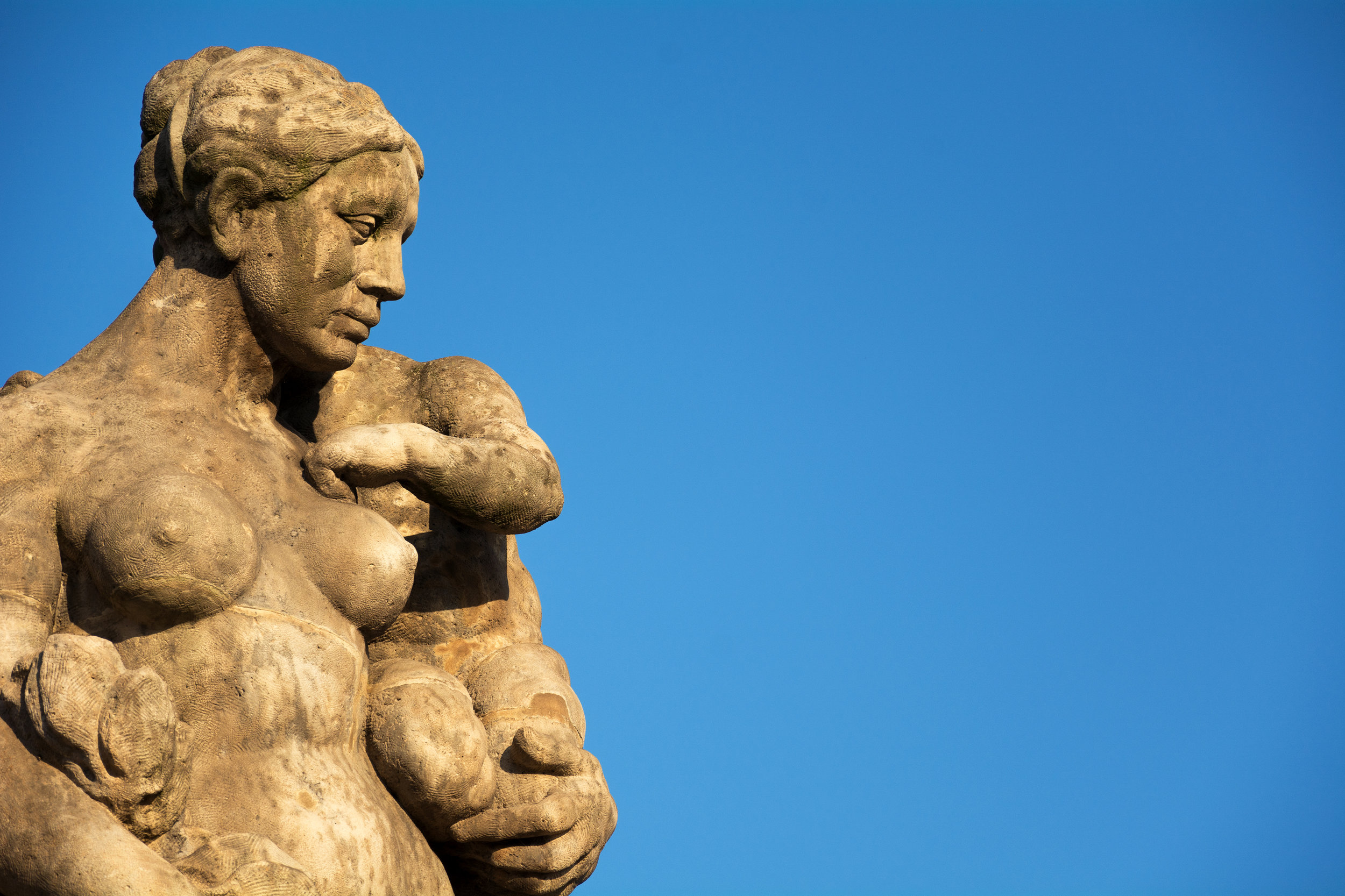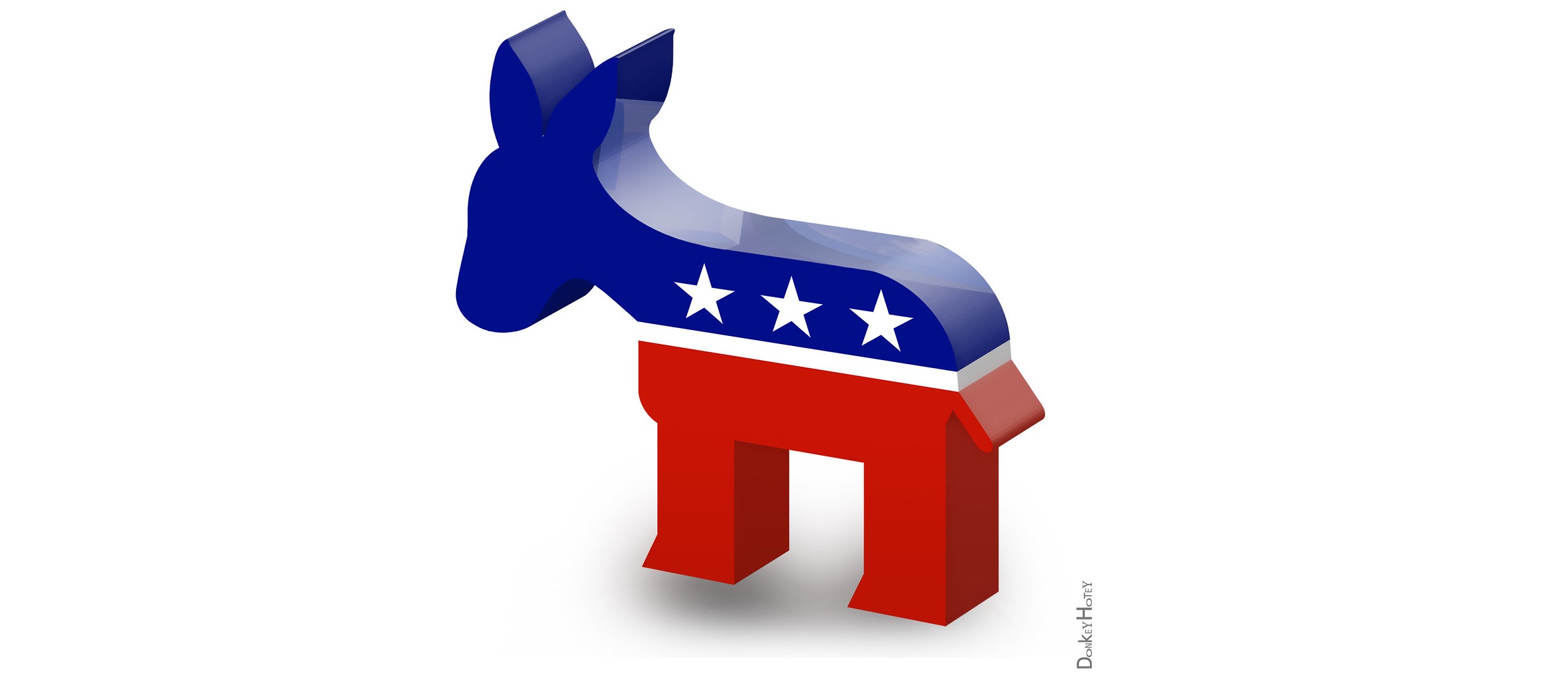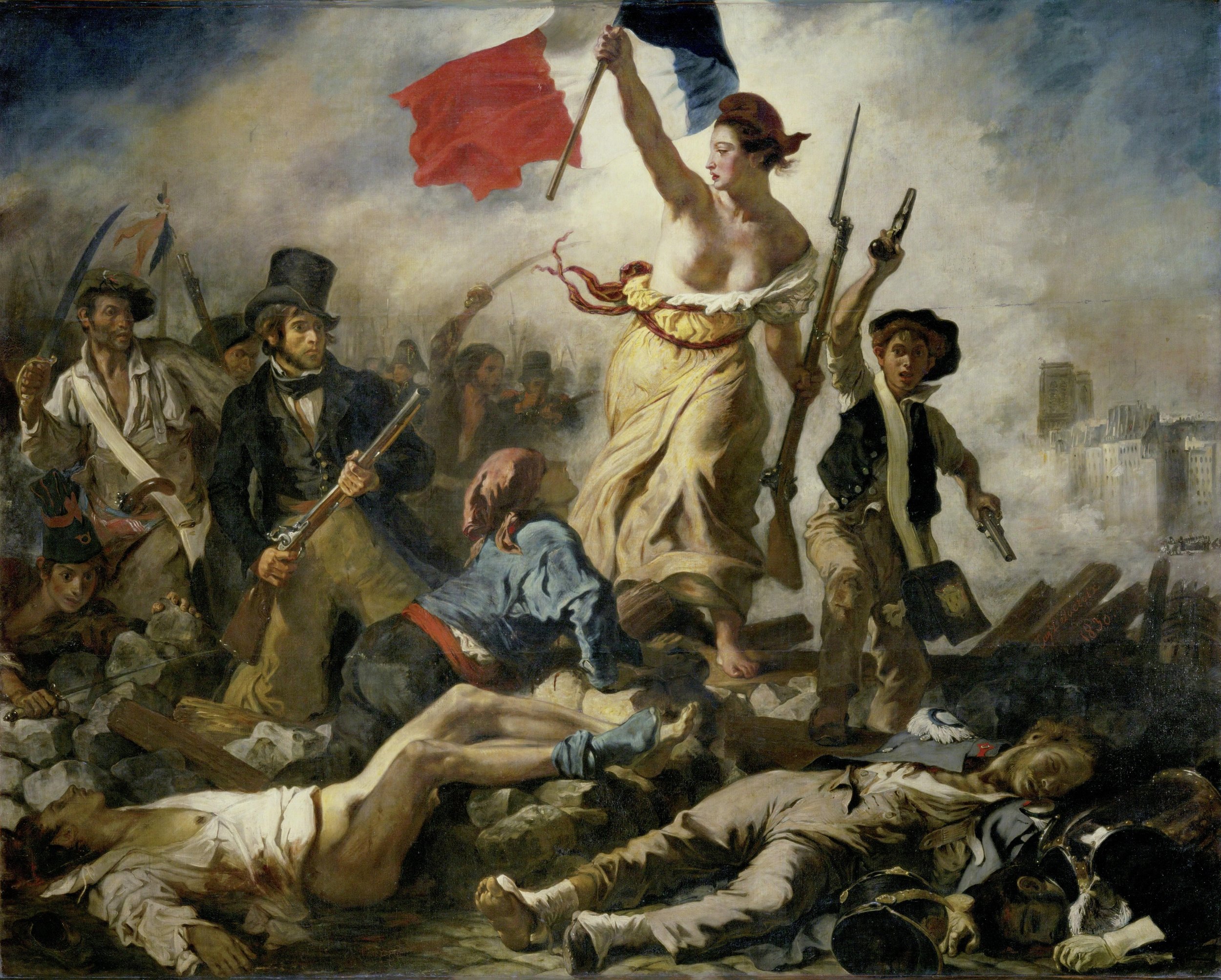Bioethics: Technological Enhancements
Photograph: South African runner Oscar Pistorius at the London 2012 Olympic Games, running the 400 meters with “blades". Photo credit: Jim Thurston | CC2.0, Wikimedia Commons.
Introduction
These resources explore ethical and moral problems related to bioethics as put forward commonly by left-leaning secularists prioritizing “individual freedom” and technology predicated on a seamless continuum between nature and humanity. Artificial intelligence is included.
Christian Resources on Technological Enhancements to the Human Being
Peter Mommsen, The Soul of Medicine. Plough Quarterly Magazine, Jun 2018. We need a vision of how medicine might serve the good of the whole human person: the body’s health, yes, but also the health of that “piece of divinity in us.”
Other Resources on Technological Enhancements to the Human Being
Rupert Wingfield-Hayes, Quest to Grow Human Organs Inside Pigs in Japan. BBC News, Jan 3, 2014.
Rory Cellan-Jones, Stephen Hawking Warns Artificial Intelligence Could End Mankind. BBC, Dec 2, 2014.
Rod Dreher, The Real Reason for the Caitlyn Jenner Freak-Out. The American Conservative, Jun 3, 2015.
Ryan Hammill, That Time C.S. Lewis Predicted the Future. Sojourners, Dec 17, 2015.
Keith Naughton, Humans Are Bumping into Driverless Cars and Exposing a Key Flaw. Automotive News, Dec 18, 2015.
Sara Reardon, The Spectrum of Sex Development: Eric Vilain and the Intersex Controversy. Nature, May 10, 2016.
Rob Stein, In Search For Cures, Scientists Create Embryos That Are Both Animal And Human. NPR, May 18, 2016.
David Ferguson, Billionaire Peter Thiel Thinks Young People's Blood Can Keep Him Young Forever. Raw Story, Aug 1, 2016.
Sam Kean, The Audacious Plan to Save This Man’s Life by Transplanting His Head. The Atlantic, Sep 2016.
Henry Bodkin, Single Men Will Get the Right to Start a Family Under New Definition of Infertility. Oct 20, 2016.
Will Knight, There's a Dark Secret at the Heart of Artificial Intelligence: No One Really Understands How It Works. Business Insider, Apr 15, 2017.
Meghan O'Gieblyn, God in the Machine: My Strange Journey Into Transhumanism. The Guardian, Apr 18, 2017.
Frederica Perera, The Womb Is No Protection From Toxic Chemicals. New York Times, Jun 1, 2017.
Beth Singler, fAIth. Aeon, Jun 13, 2017. Singler asks why is the language of religion and transhumanism so similar?
Colin Ramsay, James Uren, Pain Leads to Empathy and Self-Preservation: Should We Make Robots 'Feel' It? Aeon, 2017.
Kai Weiss, Transhumanism Is Not Libertarian, It’s an Abomination. The American Conservative, Aug 17, 2017.
Dawn Chan, The AI That Has Nothing to Learn From Humans. The Atlantic, Oct 20, 2017.
James P. Pinkerton, The Tragic Crack in Artificial Intelligence. The American Conservative, May 2, 2018.
Henry Kissinger, How the Enlightenment Ends. The Atlantic, Jun 2018. Re: artificial intelligence and automation.
Peter Mommsen, The Soul of Medicine. Plough Quarterly Magazine, Jun 2018. We need a vision of how medicine might serve the good of the whole human person: the body’s health, yes, but also the health of that “piece of divinity in us.”
David Nield, Scientists Have Connected The Brains of 3 People, Enabling Them to Share Thoughts. Science Alert, Oct 2, 2018.
New Yorker, A Robotic Arm Controlled by the Mind. New Yorker, Nov 19, 2018.
Jessie Daniels, ‘Colorblind’ Artificial Intelligence Just Reproduces Racism. Huffington Post, Jan 16, 2019.
Katie Hunt, Woman Who Feels No Pain Could Help Scientists Develop New Painkillers. CNN, Mar 28, 2019. A rare genetic mutation where she doesn’t feel physical pain
Wesley J. Smith, Don’t Let Profiteers Control Human Genetic Engineering. National Review, May 29, 2019.
Sarah Scoles, It’s Sentient. The Verge, Jul 31, 2019. “Meet the classified artificial brain being developed by US intelligence programs”
Sigal Samuel, Is It Time to Regulate Biohacking? California Thinks So. Vox, Aug 13, 2019. CRISPR has made it possible to edit your own genes at home; not yet addressed is “actually changing your biology by implanting computer chips into your limbs, taking nootropics or “smart drugs,” giving yourself a fecal transplant, pumping a younger person’s blood into your veins in the hope that it’ll fight aging, and more.”
Jane Metcalfe, Covid-19 Is Accelerating Human Transformation—Let’s Not Waste It. Wired, Jul 5, 2020. “The Neobiological Revolution is here. Now's the time to put lessons from the Digital Revolution to use.”
Catherine Guthrie, First, Their Breast Implants Made Them Sick. Then They Were Hit with the Bill. Cosmopolitan, Aug 18, 2020. “Inside the wildly expensive, endlessly frustrating experience of trying to get implants removed when your health is on the line.” Overconsumption and the alteration of the self. Helpful stats on cosmetic surgery and its impact.
Krystal Ball and Saagar Enjeti, Noam Chomsky’s Dire Warning on ChatGPT. Breaking Point, Mar 9, 2023. Summarizes Chomsky’s differentiation between the human brain and computer algorithms programmed by humans — which means downstream differences in self-driving cars, AI-driven journalism, etc. Refers to Noam Chomsky, Ian Roberts and Jeffrey Watumull, The False Promise of ChatGPT. New York Times, Mar 8, 2023.
Amy Goodman, Pregnant Woman's False Arrest Shows "Racism Gets Embedded" in Facial Recognition Technology. Democracy Now, Aug 7, 2023. The six cases we know of false facial recognition involve Black people. The facial recognition data draws from existing convicted and incarcerated people, which has a racial bias already. It is therefore embedding prior racially biased decision.
Joshua March and Katia Gore, We’re Entering a Golden Age of Engineering Biology. Noahpinion, Feb 18, 2024. The field of biology has driven remarkable advancements in medicine, agriculture, and industry over the last half-century, despite facing a significant hurdle: The immense complexity of biological systems makes them incredibly difficult to predict. This lack of predictability means that any innovation in biology requires many expensive trial-and-error experiments, inflating costs and slowing down progress in a wide range of applications, from drug discovery to biomanufacturing. But we are now at a critical inflection point in our ability to predict and engineer complex biological systems—transforming biology from a wet and messy science into an engineering discipline. This is being driven by the convergence of three major innovations: advancements in deep learning, significant cost reductions for collecting biological data through lab automation, and the precision editing of DNA with CRISPR.
Bioethics: Topics:
Christian Restorative Justice Critique of the Left: Domestic Policy Topics:
The section Critique of the Left engages the following topics: Bioethics discusses the impact of technology on conception and birth, enhancement and therapeutics, and aging and death; Consumption challenges the notion that we are “sovereign individuals” who are exercising free choices; Government Corruption spotlights political compromises and dealings contrary to the public good; Immigration highlights the complicity between Left and Right on stalling immigration policy reform; Media spotlights failures of, and possible fixes to, left-wing or left-leaning media; Power and Politics highlights the impact of racial considerations and racism on political campaigns, voting rights, public investments, and other political procedures; Relational Personhood examines how “individualism” fails to comprehend the importance of healthy relationships and communities in human development; Race examines the impact of white supremacy on virtually every aspect of American life; Religious Tolerance focuses on how Christian faith produced a difference between church and society, and argued for religious toleration from its earliest days; Secularized University examines the moral and intellectual problems produced by the cultural Leftism of individualism; Sex Industry documents the moral and policy challenges of treating sex as a commodity, which the majority of people on the leftward side of the political spectrum tend to do. We critique philosophical influences behind some secularists on the left: Myth of Christian Ignorance responds to the accusation that Christian faith led to a “dark ages” and technological backwardness; Secular Liberalism critiques the assumption that political and moral values can be sustained and nurtured by political procedures themselves.

